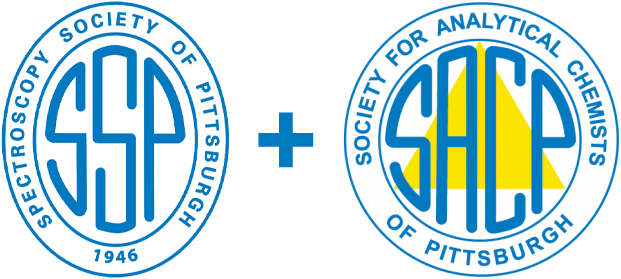
Prof. Huichun (Judy) Zhang
Frank H. Neff Professor in Civil & Environmental Engineering
Case Western Reserve University
WHEN: Saturday, April 27, 2024, 12:00 – 2:00 pm
WHERE: TJ Buffet Sushi and Grill Restaurant (590 Pittsburgh Mills Cir, Tarentum, PA 15084)
COST: $11, ($6 for undergraduate students)
Abstract
Environmental related chemical reactions have been extensively studied, but accurately modeling the kinetics of chemical reactions under different conditions remains highly challenging Existing research often relies on traditional Quantitative Structure Activity Relationships (but these modeling approaches typically require complex feature engineering In recent years, machine learning has increasingly become a highly promising tool for modeling chemical reactions because it not only achieves better results than traditional methods but also can utilize diverse chemical representations Here, we present several recent examples to demonstrate how machine learning can be used to model different chemical reactions In this presentation, we will focus on how to develop reliable machine learning models based on small datasets through careful data preprocessing and extensive feature engineering, aiming to capture changes in chemical reactivity by considering as many important features as possible, even in the case of a small dataset Examples include aerobic biodegradation, advanced oxidation processes, as well as non abiotic reduction and adsorption of organic and inorganic compounds We will also discuss recent predictive models for the extent of harmful algal blooms in Lake Erie, one of the Great Lakes.
Bio
Dr Huichun ( Zhang is the Frank H Neff professor in the Department of Civil and Environmental Engineering at Case Western Reserve University She earned her Ph D from Georgia Institute of Technology and her BS and MS from Nanjing University Her research focuses on the fate and transformation of environmental contaminants in natural and engineered aquatic environments and the removal of organic contaminants from contaminated water Her recent research areas also include predictive modeling for contaminant reactivity and sorption using machine learning tools Dr Zhang has published in numerous journals, such as Chemical Reviews, Environmental Science and Technology, and Water Research She has received seven competitive research grants from the NSF as the PI, and directed research projects for many other agencies and industry She is an Associate Editor for ACS ES&T Water and a member of AEESP Board of Directors She is a past recipient of Nanova /CAPEES Frontier Research Award, CAPEES Award for Environmental Application of AI/ML, and ES&T Best Paper Award, among others.
